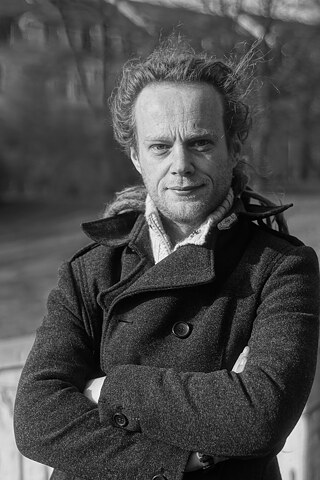Andreas Ullrich
bangaloREsident@Pepper House

The main part of the work on site during the bangaloREsidency will be an artistic screen printing project, which includes the installation of a temporary screen printing workshop. The aim of the project is to use classical screen printing in combination with contemporary content for a project in public space. Textual as well as photographic models, which above all raise socio-cultural questions about social contexts and critically question them, will be exposed on screens and printed directly in public space. Overprints of poster surfaces, wall or glass surfaces, as well as specially produced canvases, wooden surfaces, etc., can be used. This kind of direct reference to the found underground transforms every public surface into an artistic starting point, inviting critical and aesthetic reflection. This procedure is particularly suitable for cooperation with other residents or people interested in art in public space and is to be understood explicitly as participative.
As an option, depending on time and resources, i would like to collaborate with Nitesh Kadyan, on of the co-founders of Graviky Labs based in Bangalore, who i know from former projects already. Graviky Labs developed an air-ink which is produced out of collected air-polluting carbon particels which are filtered out of contamined air in Bangalore, Delhi aso. Making and using this ink for the prints in public space would be a perfect tool of reflecting our circle of resources and circle of memes - and what we could do concerning art in public space.